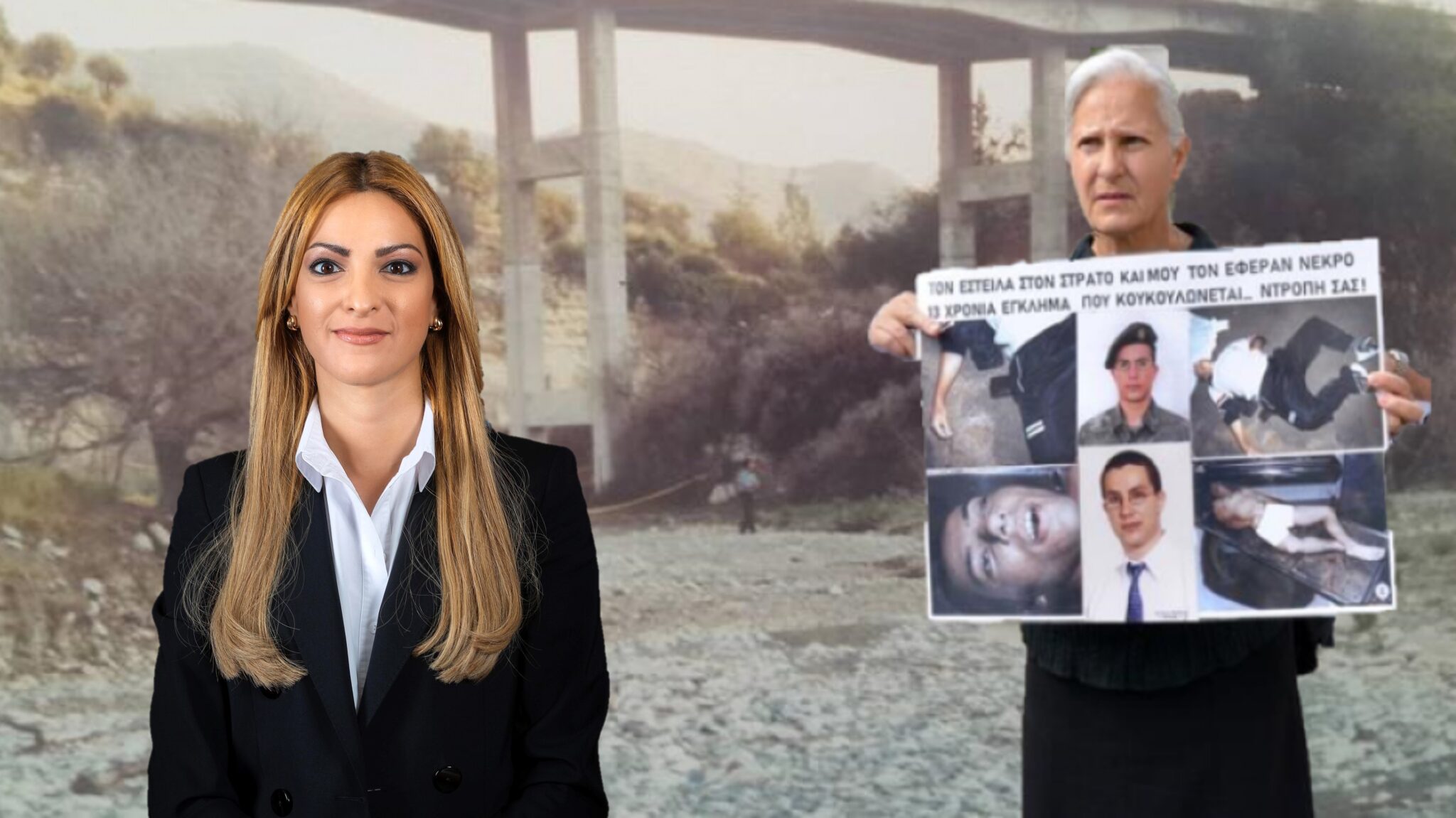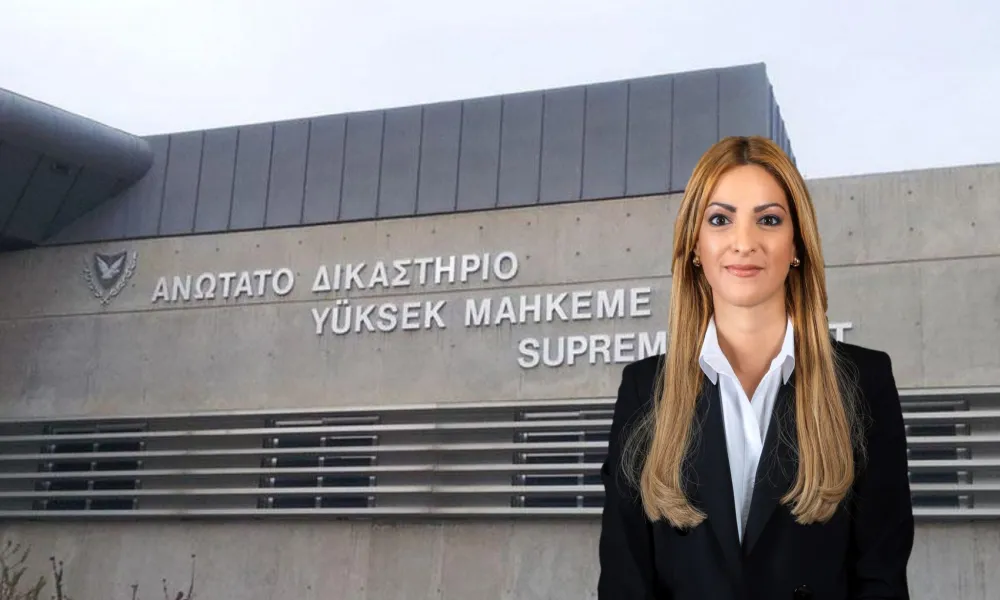The decision by Cyprus’s Anticorruption Authority not to investigate an anonymous complaint filed against the superior of former judge Doria Varosiotou has sparked a strong reaction from the citizens behind the report. Speaking to Politis, they expressed frustration at the outcome and clarified that they filed anonymously to avoid being targeted.
The complaint targeted the President of the Limassol District Court, whom Ms Varosiotou had accused of exerting intense pressure on her to change her finding on the cause of death of conscript Thanasis Nikolaou. In her capacity as coroner, Ms Varosiotou had concluded that Thanasis’s death was the result of homicide.

The submission to the Anticorruption Authority alleged possible abuse of power by Ms Varosiotou’s superior during the inquest process into Thanasis’s death. Owing to the seriousness of the claims, the Authority conducted a preliminary review to determine whether the complaint fell within its remit and whether there was sufficient evidence to substantiate a corruption offence in the form of abuse of power.
Why the Authority declined the case
Following its preliminary review, the Anticorruption Authority found that the facts raised concerned potentially disciplinary conduct by judges. It pointed out that investigations into judicial disciplinary offences fall exclusively to the Supreme Judicial Council, composed of judges of the Supreme Court. On that basis, the Authority concluded that the complaint does not fall within its jurisdiction and terminated the review.
“This is a criminal offence, not disciplinary”
The complainants told Politis the Authority should have proceeded, arguing that the allegation involves abuse of power, which is criminal in nature. They cited Article 157 of the Constitution, which assigns the Supreme Judicial Council responsibility for appointments, dismissals and disciplinary control over judges. However, they contend that an alleged abuse of power by a judge is not a disciplinary issue for the Supreme Judicial Council but a criminal offence. In their view, abuse of power in this context constitutes a corruption offence that falls squarely within the independent Anticorruption Authority’s mandate to investigate.
The intervention claim
In proceedings before the High Constitutional Court, where Ms Varosiotou is challenging the Supreme Judicial Council’s decision that cost her her seat on the bench, correspondence between the Council and the then-judge regarding the Thanasis Nikolaou case came to light. In a letter dated 23 June 2025 to the Council, replying to criticisms of her conduct and legal competence, Ms Varosiotou alleged unbearable pressure to alter her finding in the high-profile case.
She wrote: “The finding in the Thanasis Nikolaou inquest was issued on 10/05/2024. On 13/05/2024 we went to the [Limassol District Court] President’s office to extend greetings. The President kept me back to say, in a worried tone, that he should have seen the finding before I issued it. I politely reminded him of our conversation before Easter. He then told me I should change my finding so that it remained ‘open’. Specifically, he said we should find a way to change the ‘conclusion’. I told him it was my decision and, referring to the law, that I could not alter the finding I had issued. He said: ‘Can there be a finding that lists criminal action as the cause of death?’ I repeated that this was my conclusion based on the scientific evidence following the exhumation. I also noted that, should the parties wish, they could pursue the appropriate legal remedies to challenge the finding.”
The Council’s case against Varosiotou
By contrast, in its decision to terminate Ms Varosiotou’s service, the Supreme Judicial Council cites serious errors not only in the Thanasis Nikolaou inquest but in a second case where she was also asked to amend her finding and refused. According to the Council, Ms Varosiotou “ultimately chose, in both cases, to set in motion judicial procedures not provided for anywhere in law. This choice cannot be attributed to ignorance. From her decision to proceed with those procedures, it is revealed that her real purpose was not to receive the parties’ views but, within a ‘judicial process’ she herself devised, to publicise the 'approach of the President [her superior], as she perceived it', in order to show that she was right and that the President had acted incorrectly.”
